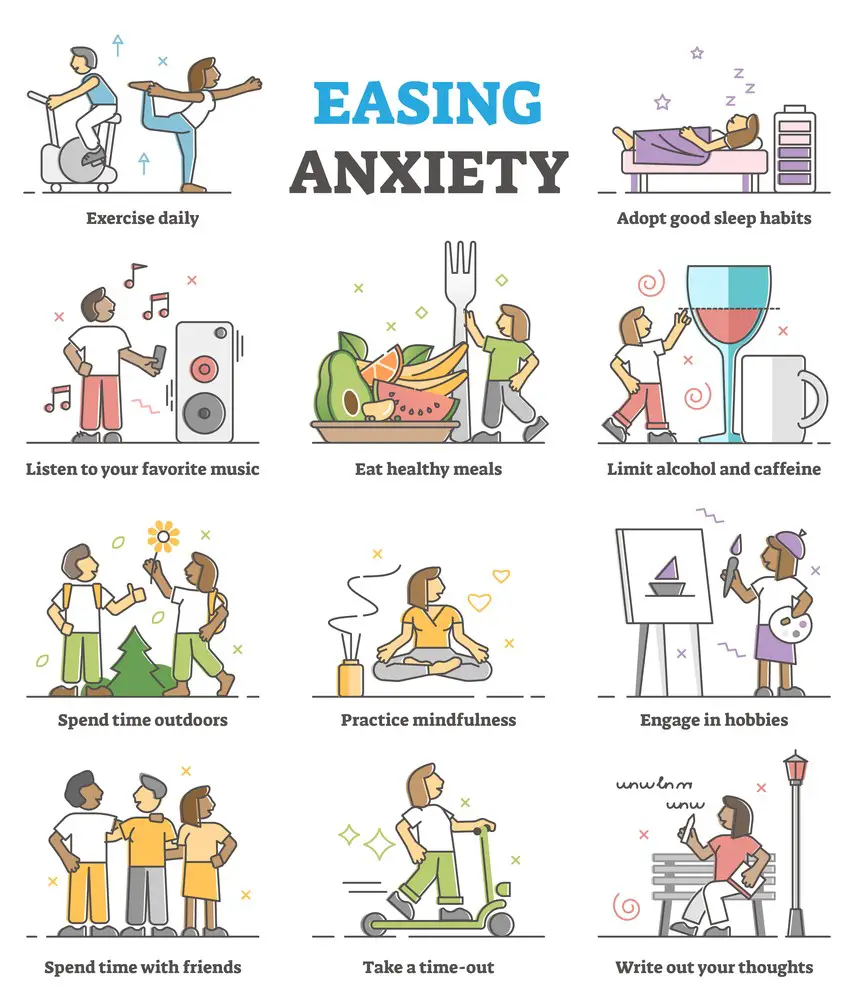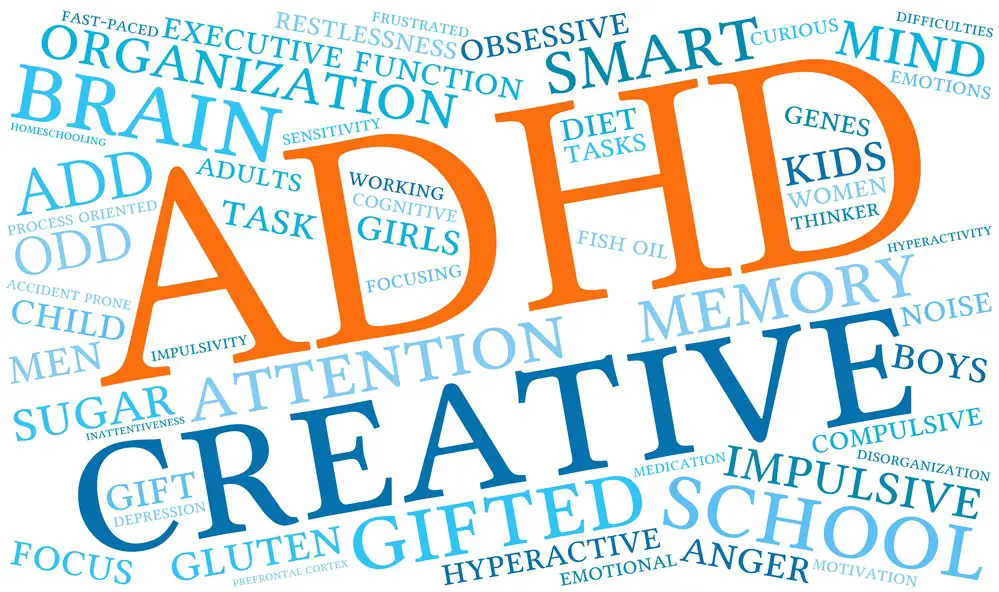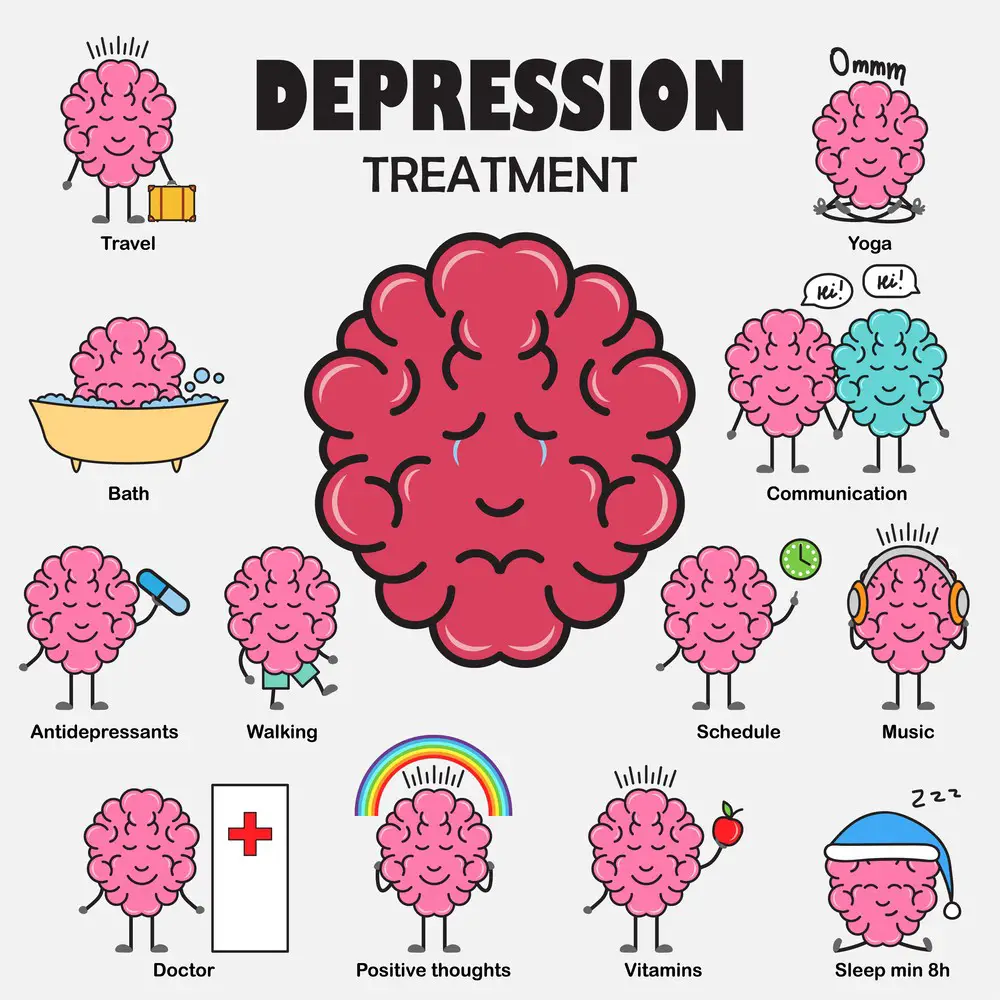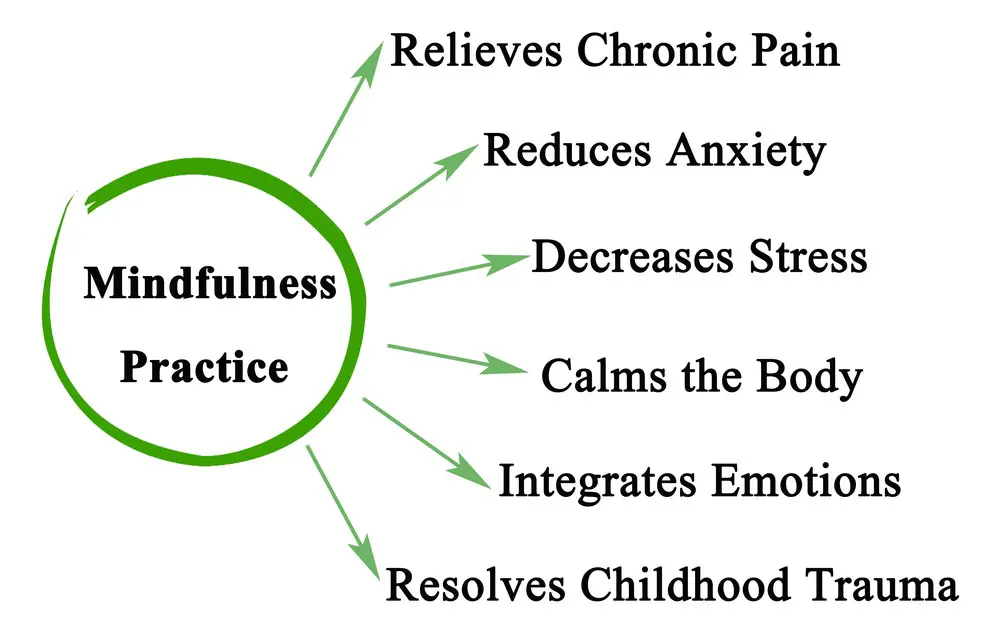Gifted kid burnout is a phenomenon that affects children with above-average abilities, often causing them to feel exhausted due to the immense pressure placed on them by unrealistic expectations. These expectations can be self-imposed or placed on by others, such as parents and teachers. As a result, these children may succumb to apathy, isolation, and irritability, ultimately hindering their potential for growth and success.
Understanding and addressing this issue is critical to maintaining gifted children’s well-being and ensuring they reach their full potential. Early intervention can help them recover from burnout and regain their enthusiasm for learning and life experiences. Knowing the signs and symptoms and the factors contributing to gifted kid burnout is essential for parents, educators, and children.
Key Takeaways
- Gifted kid burnout refers to the exhaustion that gifted children may experience due to unrealistic expectations and pressure.
- Recognizing the signs and symptoms of gifted kid burnout is essential to addressing the issue early on.
- A combination of strategies can be used to prevent and overcome burnout, benefiting the well-being and overall success of gifted children.
 Understanding Gifted Kid Burnout
Understanding Gifted Kid Burnout
Gifted kid burnout occurs when a child with above-average abilities becomes exhausted from the pressure of unrealistic expectations, either set by themselves or others. You must recognize the signs and symptoms of gifted kid burnout, including apathy, isolation, irritability, anxiety, and depression.
Awareness of these symptoms will allow you to provide the appropriate support to help your child overcome this challenge. Here are some tips for understanding and addressing gifted kid burnout:
- Be empathetic and supportive. Understand that gifted children can experience immense pressure to excel. As parents, you must communicate acceptance and support regardless of their performance. Encourage open communication about their feelings and concerns.
- Normalize not being perfect. It’s crucial to let your child know that it’s okay not to always excel at everything. Remind them that everyone faces challenges and setbacks and is part of the learning process.
- Develop a healthy balance. Please encourage your child to engage in activities they genuinely enjoy beyond academics. Help them explore diverse interests that foster growth, socialization, and stress relief.
- Establish self-care routines. Help your child develop coping skills like meditation, journaling, or practicing gratitude. Self-care routines can be vital in managing anxiety and stress that can lead to burnout.
Remember, understanding gifted kid burnout starts with awareness of the signs and symptoms. Be proactive and provide the necessary support, ensuring they grow and achieve their full potential while maintaining their mental and emotional well-being.
Signs and Symptoms of Burnout
 As a parent or educator, it’s crucial to recognize the signs and symptoms of gifted kid burnout to intervene and support the child effectively. The following sub-sections discuss key indicators of burnout in gifted children:
As a parent or educator, it’s crucial to recognize the signs and symptoms of gifted kid burnout to intervene and support the child effectively. The following sub-sections discuss key indicators of burnout in gifted children:
Academic Changes
- Grades: You may notice a sudden drop in the child’s grades or inconsistent performance.
- Effort: The child may lack effort or complete disinterest in previously enjoyable academic activities.
- Failure: The gifted child might experience a fear of failure, leading to reluctance to participate in challenging tasks.
- Loss of motivation: Once driven by a passion for learning, the child may now lack motivation and enthusiasm for academic endeavors.
Behavioral Shifts
- Eating habits: Changes in appetite, such as overeating or losing interest in food, might indicate burnout.
- Withdrawal: The child may start withdrawing from social interactions with family, friends, and classmates.
- Cynicism: Increased negative attitudes and cynical thoughts about their abilities or environment can be a red flag.
Emotional Indicators
- Hopelessness: Feelings of hopelessness may dominate the child’s thoughts and emotions.
- Anxiety: The gifted child might experience increased anxiety or even panic attacks, signaling that they are overwhelmed.
- Depression: As burnout progresses, the child may exhibit signs of depression, such as prolonged sadness, irritability, and loss of interest in activities they used to enjoy.
Physical Signs
- Overwhelm: If the child displays continuous signs of mental and physical exhaustion, it could indicate burnout.
- Panic attacks: The gifted child might show physical signs of panic attacks, such as rapid heartbeat, chest pain, dizziness, or nausea.
By recognizing these signs and symptoms of burnout in gifted children, you can take steps to address the issue and help them regain their passion for learning and personal growth.
Behind the Burnout: Causes and Triggers
Gifted kid burnout can emerge from multiple sources. Understanding these factors is vital in supporting a child in their journey. Let’s dive into some of the main causes and triggers.
High Expectations and Pressure
Gifted kids often face high expectations from parents, teachers, and others. The pressure to excel at everything, whether academics, sports, or extracurricular activities, can constantly push them to seek perfection. Unrealistic expectations from parents or teachers can lead to anxiety, as gifted students fear failure or disappointing their loved ones. You must recognize your child’s efforts and encourage a healthy balance between achievement and self-care.
Key takeaway: High expectations and pressure can stem from various sources, leading to burnout in gifted kids.
Educational Environment
The educational environment plays a crucial role in developing a gifted child. A lack of a challenging curriculum, limited access to clubs, or unsatisfactory academic programs can cause gifted kids to lose interest and not reach their full potential. Ensure that your child’s school offers a suitable learning setting focused on their needs and allows them to participate in sports, extracurriculars, and social groups according to their interests.
Key takeaway: A suitable educational environment is essential for gifted students to flourish and avoid burnout.
Fixed Mindset vs Growth Mindset
A critical factor in gifted kid burnout is their mindset toward their intelligence and talents. Psychologist Carol Dweck’s research highlights two types of mindsets: fixed and growth. A fixed mindset assumes that intelligence and abilities are static, whereas a growth mindset embraces the idea that talents can be cultivated through effort and perseverance.
Gifted kids often carry the label of “smartness” and find themselves trapped in a fixed mindset, believing their success relies on their innate abilities. This can make them vulnerable to burnout when facing challenges because they fear losing their gifted status. Encourage your child to adopt a growth mindset, focusing on effort and resilience, understanding that potential isn’t just about innate talent but also the willingness to learn and grow.
Key takeaway: Fostering a growth mindset in gifted children can help prevent burnout by emphasizing effort, resilience, and a love for learning.
Psychological Factors
Gifted children often experience unique challenges that can affect their mental health. In this section, we’ll discuss the psychological factors that contribute to gifted kid burnout, including anxiety and depression, as well as ADHD and other learning differences.

Anxiety and Depression
Gifted children may experience heightened levels of stress, causing anxiety and depression to develop. Increased pressure to succeed and maintain high-performance levels from both themselves and others can exacerbate these feelings. Moreover, navigating social situations and feeling isolated due to their giftedness can also contribute to anxiety and depression in gifted children.
To support your child, consider these tips:
- Please encourage them to share their feelings and concerns openly.
- Ensure a balanced schedule to include downtime and self-care.
- Help them build a strong support network of friends and mentors.
- Offer reassurance in moments of self-doubt or failure.

ADHD and Other Learning Differences
Gifted children may also experience neurodivergent conditions such as ADHD or autism, making staying focused, organizing tasks, and managing their emotions challenging. These learning differences, combined with giftedness, can lead to executive dysfunction, making it even more challenging for these children to cope with stress and demands.
To help your child manage these challenges, try the following strategies:
- Work with educational professionals to create a customized learning plan.
- Establish consistent routines to support their daily life.
- Break tasks into smaller, manageable steps.
- Encourage the use of tools and strategies to help with organization and focus.
By understanding and addressing these psychological factors, you can better support gifted children and help them thrive academically and personally.

Strategies to Prevent and Overcome Burnout
Support Systems
One of the most important strategies to prevent and overcome burnout in gifted children is to establish a strong support system. You should encourage open communication between the child, parents, and teachers. This helps ensure everyone is on the same page regarding the child’s needs. Parents and educators should work together to create a nurturing environment that promotes buy-in and meaningfulness in the child’s work.
- Foster open communication
- Collaborate with teachers and parents
- Promote buy-in and meaningfulness
Maintaining Balance
Balance is crucial for gifted kids to avoid burnout. Encourage your child to develop a diverse range of interests and talents. Time management plays a significant role in maintaining balance. Help your child set aside time for self-care, play, and leisure activities that they enjoy. Prioritizing proper sleep, exercise, and nutrition are essential aspects of self-care.
- Diversify interests and talents.
- Employ time management skills.
- Prioritize self-care routines
- Ensure proper sleep, exercise, and nutrition
Embracing Individuality
Gifted kids often struggle with perfectionist mentalities and high expectations. Help your child embrace their individuality by emphasizing their unique strengths and validating their accomplishments. Remind your child that success comes in many forms and that it’s essential to define it according to their talents and passions.
- Emphasize unique strengths
- Validate accomplishments
- Redefine success through individual talents and passions
 Mindful Practices
Mindful Practices
Integrating mindful practices, such as mindfulness meditation and yoga, can help gifted kids maintain equilibrium and increase resilience. Mindfulness techniques can relieve stress and anxiety by fostering a deeper awareness of one’s thoughts and emotions.
- Incorporate mindfulness meditation
- Engage in yoga practices
- Cultivate self-awareness and emotional resilience

Professional Help
If your child exhibits signs of severe burnout or struggles to cope with stress, don’t hesitate to seek help from a mental health professional. A therapist or physician can provide guidance and support to help your child develop coping strategies and build emotional resilience.
- Seek guidance from mental health professionals.
- Develop coping strategies and build emotional resilience
- Maintain regular check-ups with a physician
By implementing these strategies, you can support your gifted child in overcoming and preventing burnout. Stay proactive in recognizing signs of burnout and address them as needed to ensure your child’s well-being and long-term success.
 Signs Therapy Might Be Needed
Signs Therapy Might Be Needed
It’s crucial to recognize when professional help, such as therapy, might be necessary for addressing gifted kid burnout. Some telltale signs include:
- Persistent Apathy: A lack of interest in activities that once brought joy.
- Emotional Withdrawal: Increasing emotional distance from friends and family.
- Academic Struggles: A noticeable decline in school performance.
- Physical Symptoms: Headaches, stomachaches, or other unexplained physical issues.
- Irritability and Mood Swings: Quick to anger and difficult to console.
If these signs are persistent and hindering your child’s well-being, it might be time to consider therapeutic interventions.

Setting Goals to Overcome Burnout
Goals give direction and a sense of purpose, which is vital for anyone recovering from burnout. Consider these steps when setting goals:
- Be Specific: Clearly define what you want to achieve.
- Make it Measurable: How will you know when the goal is reached?
- Keep it Achievable: Goals should be realistic and attainable.
- Set Time Limits: When will this goal be achieved?
- Be Relevant: Ensure the goal aligns with broader life plans.
Write these down and revisit them often. Involve your child in this process for greater engagement.
Monitoring Progress
Once goals are in place, you can’t simply set and forget them. Effective monitoring is essential. Here’s how:
- Regular Check-ins: Schedule weekly or bi-weekly check-ins to discuss progress.
- Adjust Goals: If specific goals are too easy or difficult, modify them.
- Celebrate Wins: Even small victories deserve celebration.
- Re-evaluate: As your child grows, their needs and aspirations will change. Adjust goals accordingly.
Addressing gifted kid burnout is an ongoing process. Monitoring progress, setting actionable goals, and knowing when to seek professional help are key steps in helping your child rediscover the joy of learning and life.
Conclusion
Awareness of gifted kid burnout is essential to ensure the well-being of children with exceptional abilities. As you continue to support your child, providing an environment that encourages growth, nurtures their potential, and fosters resilience is essential.
One crucial aspect to consider is balancing challenging your child and giving them room to breathe. Remember, all children need some downtime, and providing opportunities for relaxation and socializing with peers is essential.
- Encourage hobbies outside of academics, like sports or arts, to provide a well-rounded experience.
- Provide emotional support and open communication so your child feels comfortable sharing their struggles.
- Celebrate effort, not just results, reinforcing that learning and growth are lifelong processes.
Ultimately, being mindful of your child’s needs can help you create a loving and supportive environment where they can thrive, free from the pressures of gifted kid burnout. Take the time to understand and adapt their experiences so they can reach their fullest potential and maintain a healthy balance in their lives.
So, while gifted kid burnout is a challenge, with attention to your child’s experiences, communication, and a supportive environment, they will conquer it and find the opportunity to flourish.
Frequently Asked Questions
 How can I overcome burnout in college?
How can I overcome burnout in college?
Overcoming burnout in college starts with recognizing your limits and taking time for yourself. It’s important to prioritize self-care, set realistic goals, and establish healthy habits. Break down tasks into smaller, manageable pieces, and don’t be afraid to ask for help from friends, family, or professionals. Maintain a balanced schedule that includes social activities, physical exercise, relaxation, sleep, and academic pursuits.
What are some signs of burnout in gifted children?
Gifted children experiencing burnout may show signs such as:
- Feeling depressed about school or life in general
- Overreacting to minor setbacks
- Changes in eating habits, either eating more or less than usual
- Losing interest in activities they once enjoyed
- Withdrawing from friends and family
- Struggling with schoolwork, even in subjects they were once skilled in
- Fatigue or difficulty sleeping
- Being overly critical of themselves and setting unrealistic expectations
- A decrease in overall motivation and academic performance
How can we support gifted kids experiencing burnout?
Supporting gifted kids experiencing burnout involves creating an environment where they feel comfortable seeking help and expressing their emotions. Encourage open communication and provide resources to help them cope with stress. Some helpful strategies might include:
- Assessing their academic environment for sources of stress
- Developing an individualized learning plan tailored to their needs
- Encouraging regular breaks and leisure activities
- Modeling and teaching healthy coping skills, like mindfulness techniques
- Offering emotional support, empathy, and understanding
Are mental health issues common in gifted children?
It is common for gifted children to experience mental health challenges such as anxiety, depression, or perfectionism. High academic expectations and a heightened awareness of the world around them can contribute to stress and potentially lead to burnout. Addressing and supporting their mental well-being can help prevent or alleviate these issues.
Can giftedness change or fade over time?
Giftedness does not fade over time, but it can change and manifest differently as children grow and develop. Circumstances and environments may cause fluctuations in academic performance, but identifying and addressing the underlying factors can help gifted children maintain their potential and passion for learning.
What strategies can help gifted kids avoid burnout?
To help gifted kids avoid burnout:
- Encourage a well-rounded lifestyle that includes social activities, hobbies, and relaxation.
- Set realistic goals and expectations for performance and achievement.
- Teach them to balance ambition with self-care and mindfulness.
- Emphasize the importance of learning and growth over perfection.
- Maintain open communication and encourage them to express their feelings about school, peers, and personal struggles.
By taking a proactive approach to support gifted children’s emotional and cognitive development, you can help ensure they maintain their passion for learning and reduce the likelihood of burnout.
Jacob Maslow
After surviving the traumatizing events of 9/11, I took it upon myself to heal through helping others. I’m the primary caregiver of my children and understand from first-hand experience the lonely paths you have to walk as a partner and parent when leaving an unhealthy relationship.
We’re all echoing in a dark space that doesn’t have to be this empty, and that’s been my mission since finding solace and recovery in therapy: To help comfort others who are still in shock and at the prime of their struggle.
I came across BetterHelp after searching for this type of community. I wanted to belong to a body of proactive therapists and supportive therapy veterans that allowed me to see other sides of the story.
It was unconventional, and that’s what attracted me most. During my most challenging times, when my ex-wife completely cut me off from my children, I found comfort and clarity through BetterHelp.
Instead of being chained to a strict therapist recommendation, I was in charge of who I felt understood my struggle most. That allowed me to find my true peace, as I was reunited with those who read behind my words and had first-hand experience with my trauma.
Recovery is a choice; with BetterHelp, that choice will be a few clicks away. You can join their Christian-oriented platform, Faithful Counseling, for those stuck with family estrangement and toxic relationship patterns.
- Is It OK to Put Baby to Sleep Without Burping? Unveiling the Facts - February 13, 2024
- How To Get Rid Of Anxiety Forever: Long-Term Strategies For Well-Being - February 13, 2024
- How to Sleep with Curly Hair: Overnight Curls Care Tips - February 13, 2024
This site contains affiliate links to products. We will receive a commission for purchases made through these links.


 Understanding Gifted Kid Burnout
Understanding Gifted Kid Burnout
 Mindful Practices
Mindful Practices Signs Therapy Might Be Needed
Signs Therapy Might Be Needed
 How can I overcome burnout in college?
How can I overcome burnout in college?
